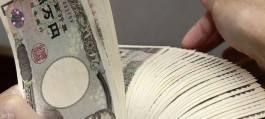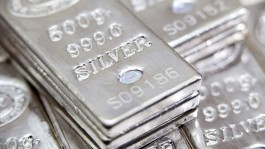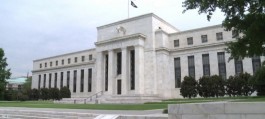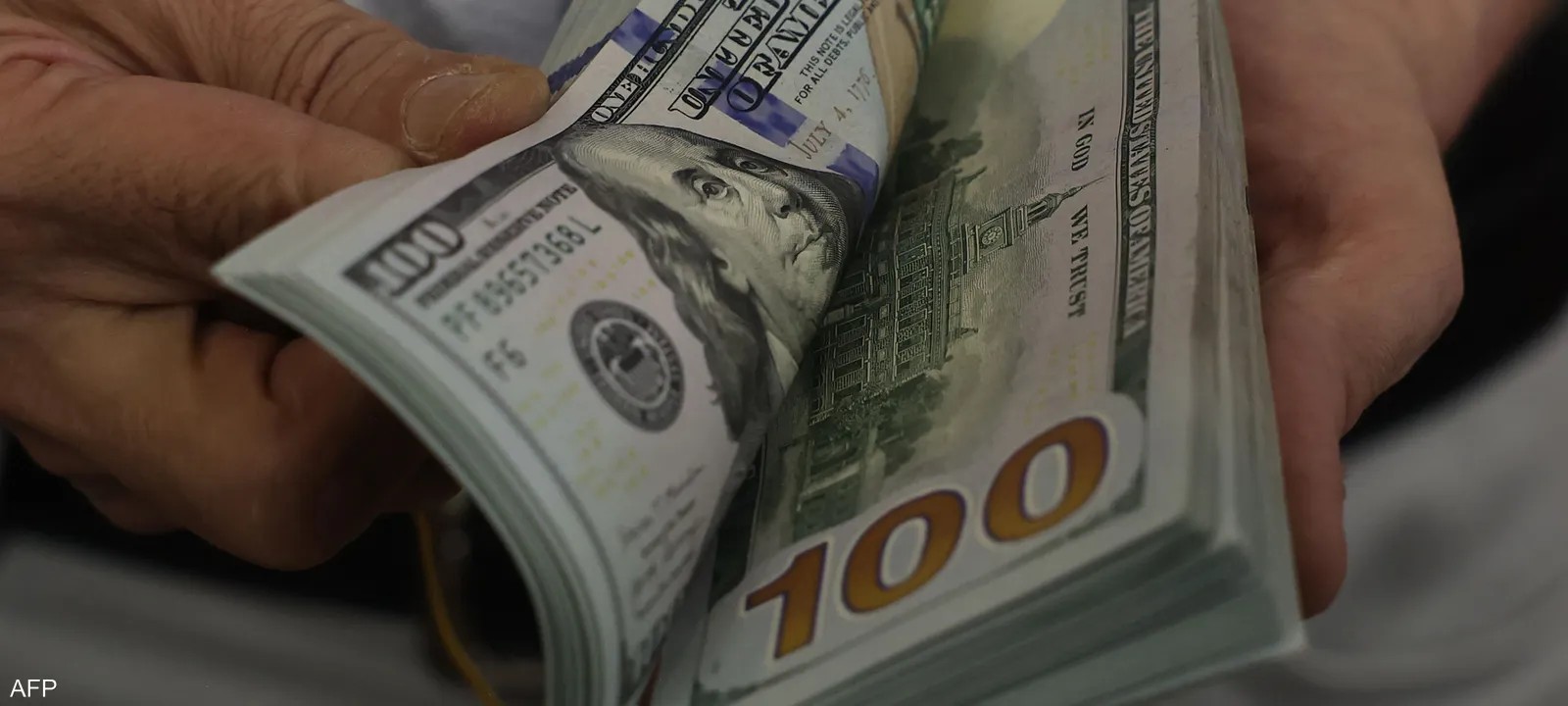The dollar fell on Tuesday, pressured by a slightly stronger yen as Japanese government officials continued to defend the currency.
Against the US dollar, the New Zealand dollar rose from a four-month low to last trade at $0.5999, while the British pound rose to $1.2636, moving away from a one-month low of $1.25755 hit last week.
With the relatively small amount of economic data expected this week, the market's focus is on the US personal consumption expenditures index this week, which is the Federal Reserve's preferred inflation gauge and may set the tone for US interest rate expectations.
The U.S. core PCE price index is expected to rise 0.3 percent in February, keeping the annual rate at 2.8 percent.
The Fed chairman has tried to distance the market from expectations of strong interest rates at the beginning of this year and has always held to the idea that the path will be bumpy, said Tony Sycamore, market analyst at IG.
But of course, three percent (annually) or more would certainly create a lot of concern that the rough path might be more rugged than expected, he added.
A shift in global interest rate expectations after a series of central bank meetings last week helped push the dollar to a one-month high against major currencies.
While the US central bank stuck to its forecast of three interest rate cuts this year, other major central banks have similarly signaled a shift toward monetary easing.
It is difficult for the dollar to continue to weaken against a backdrop where US growth is outpacing growth in the rest of the world, said Thierry Wezeman, global foreign exchange and interest rate analyst at Macquarie.
The most difficult thing for the dollar is when other central banks seem more cautious than the Federal Reserve, he added.
US central bank officials acknowledged on Monday that there is a growing sense of caution about the pace of slowing inflation in the world's largest economy.
The dollar index fell 0.02 percent in the latest trading to reach 104.20 points, while the euro rose 0.03 percent to $1.0840.
The Australian dollar settled at $0.6540.
In Japan, the dollar fell 0.04 percent against the yen to 151.37 yen, facing strong resistance near the 152 yen level due to the threat of Japanese authorities to intervene to protect the currency.
Japanese Finance Minister Shunichi Suzuki said on Tuesday that he does not rule out taking any measures to deal with the weak yen.
The yen has fallen more than 1 percent since the Bank of Japan raised interest rates last week, as traders continue to focus on the still-stark interest rate differentials between Japan and the rest of the world, especially the United States.
Japanese authorities have been vocal about their concern over the currency's decline, as it approaches its lowest level in several decades, which it reached in 2022.
Elsewhere, the Chinese yuan rose in offshore trade by about 0.1 percent to 7.2487 per dollar, extending gains made in the previous session after suspicions of selling dollars by state-owned banks and strong official guidance from the central bank supported the currency in the local market.







































